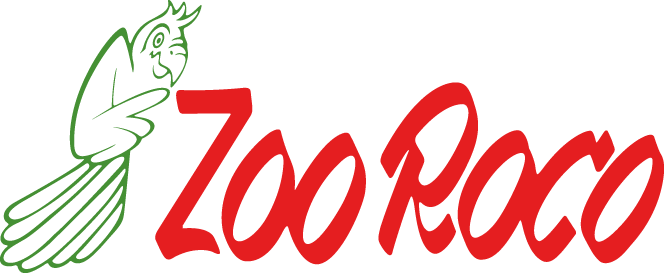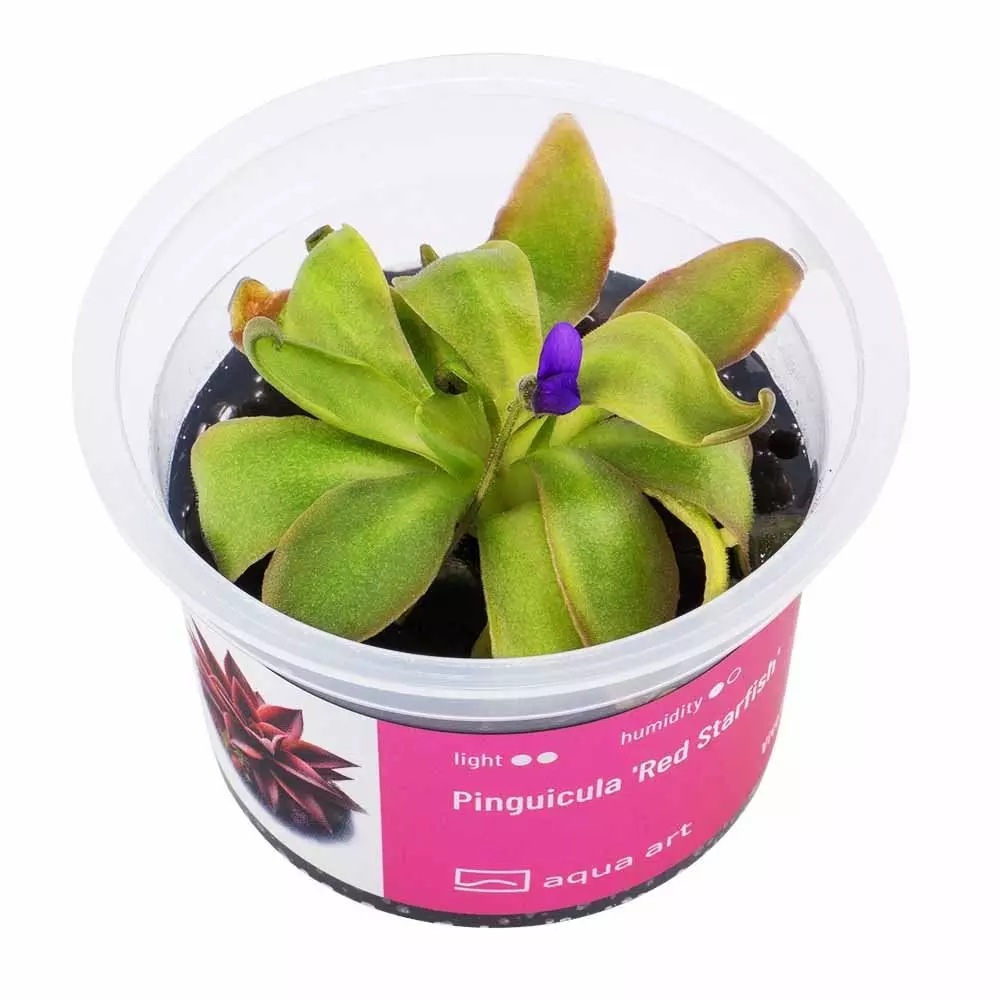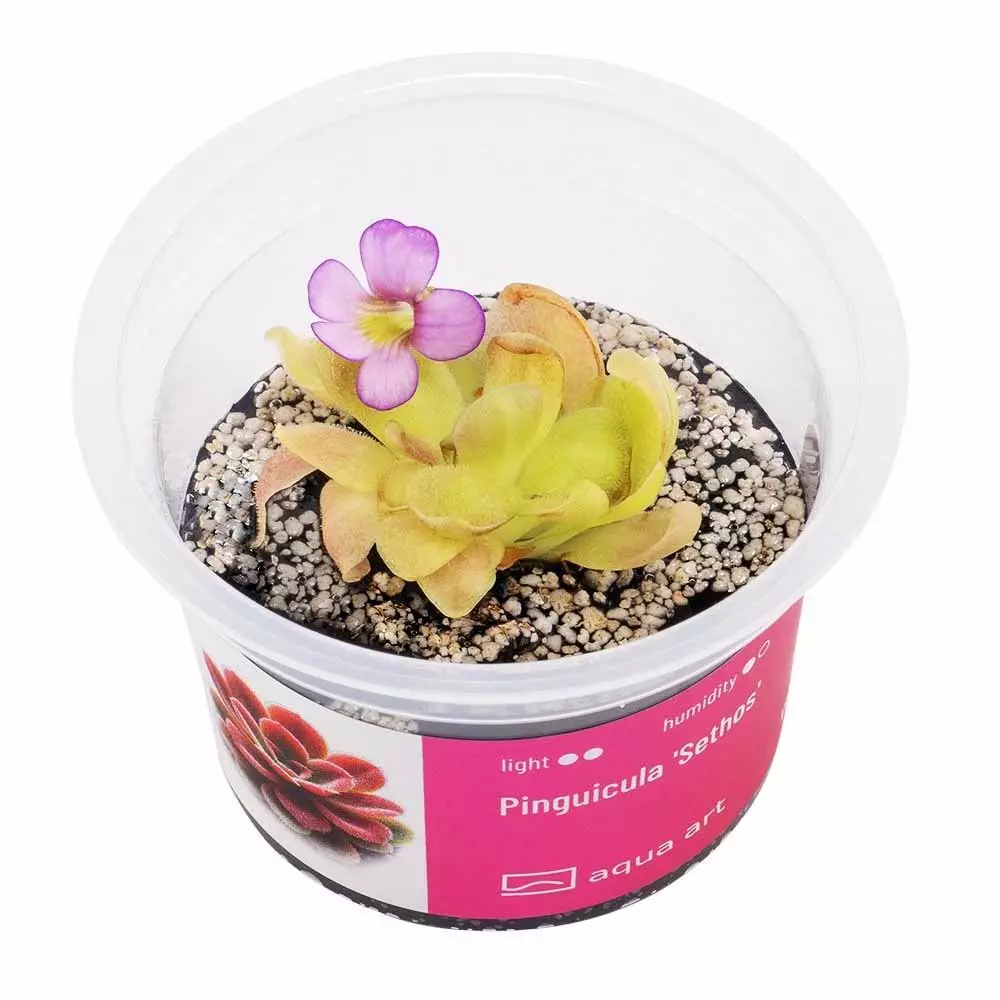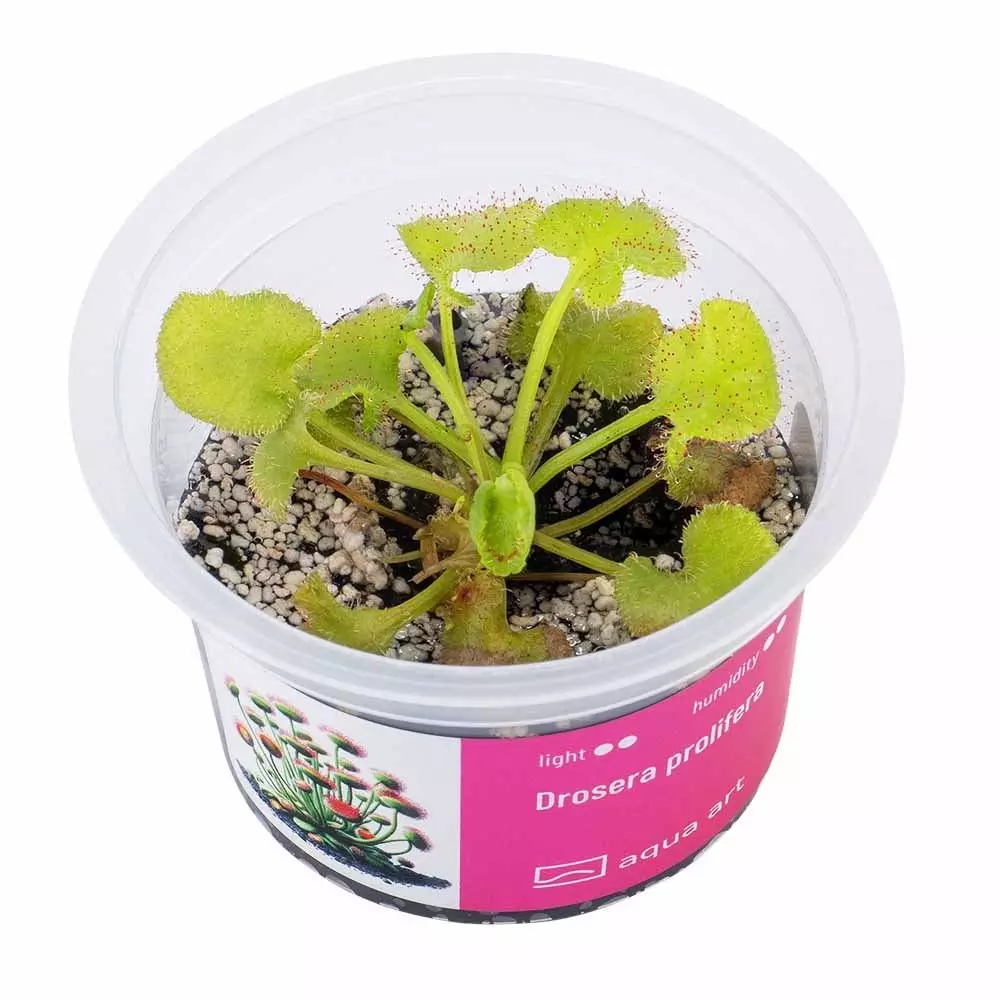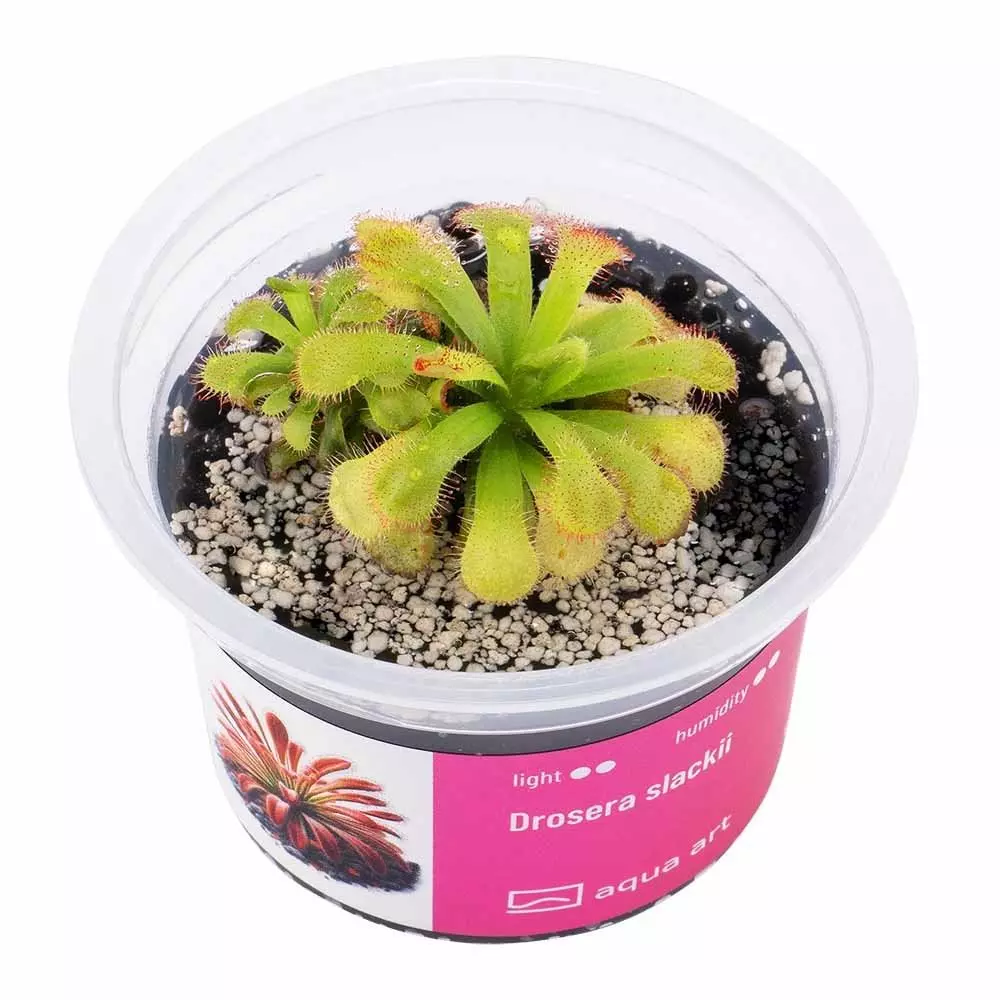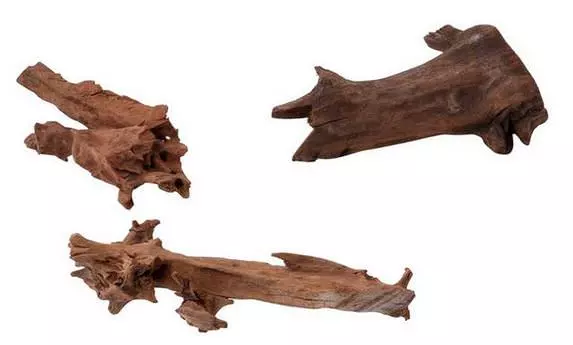































CHF 12.90
Stock: 13
Available, delivery time: 1-3 days

Hanging wooden test tube holder - for plants or bird food
- As a decorative plant holder for offshoots, cuttings or small flowering plants
- as a creative feeding station for birds in the aviary
- as a holder for dried flowers
Product benefits at a glance:
- 4 jars for growing young plants or as feeders for birds
- Cleaning brush included for easy care
- Hanging construction with sturdy jute cord
- Wooden strip with a natural look - ideal for any interior
- Versatile use - decorative and functional
- Material: glass, wood, jute
- Dimensions: L 22.2 x D 4.5 x H 13
0 of 0 reviews
Login
Customers also bought
Similar products
Customers also viewed
